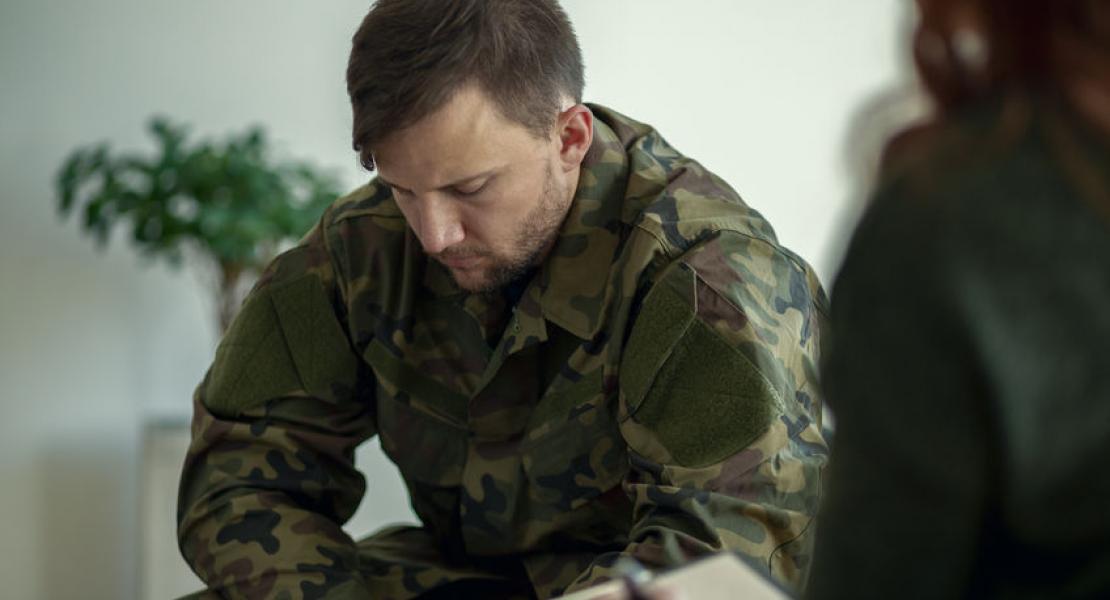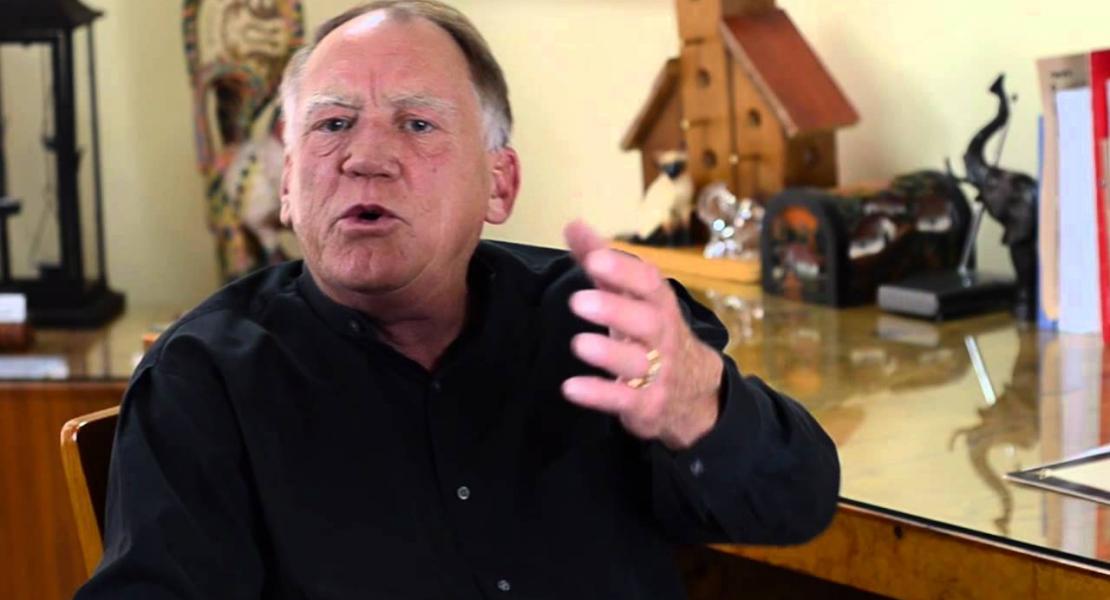To Combat Veterans Who Suffer From PTSD and Want to Get Better
You returned home from Iraq or Afghanistan; or both. And were treated like a hero. Friends and family were all there to greet you and things were great for a while. Once the wave of good emotions starts to wear off the anger and frustration begin to set in. The nightmares begin, they are so realistic that you actually feel like you are back in combat, and you feel like nobody will ever understand what you have gone through.
The good news for you is you’re not alone and help is available.
Reliving the event in such a way that it disrupts your day-to-day life:This includes flashback episodes where the event seems to be happening over and over again in your life. Even though you are cognitively aware that you are not in a combat zone anymore you just can’t seem to shake the feeling of ever present danger.
You also have repeated nightmares about being back in combat and feelings of being unsafe. You may also have overpowering and uncomfortable reactions to situations that remind you of being in combat.
Avoidance:This symptom includes avoiding places, people or any thoughts that remind you of being in combat. You feel emotionally “numb” or like you don’t care about anything. You lack interest in normal activities and don’t express your moods or emotions much. Many people feel detached like they have no future. Another common symptom of avoidance is not being able to remember events that took place during your tour. This may include firefights that you were in or large blocks of time that you just can’t seem to remember.
Arousal: The symptoms of arousal include difficulty concentrating. You have feeling of hyperawareness and startle easily. Often, you will overreact to the person who startled you. Resulting in irritability and even outbursts of anger. You may also have trouble falling and staying asleep.
You might feel guilty about the war. This is called “survivor guilt”. You feel guilty for staying alive when so many of your brothers lost their lives. You also feel guilty for coming home and leaving your unit over there to keep fighting. Your friends and family think you’re crazy for feeling this way and (your right) they will never understand. That’s if you’re even willing to tell them about how you feel.
When you find yourself in this situation it can rapidly dissolve your relationships with your friends, family and spouse.
The thoughts and feelings that you are having will not go away without help. If you are using drugs or alcohol to cope than you are setting the stage for even bigger problems down the road.
Then you are in the right place. Before you talk to anybody about getting help it’s important for you to understand that it matters who your therapist is. Choosing the wrong therapist or even the wrong treatment approach can be dangerous to your mental health. The personal trauma that you experienced in combat has created psychic scars and unhealed wounds to your personality. Without proper treatment you will not get better.
However, you need to have a therapist that is experienced with treating PTSD. Someone who is able to create a safe environment for you to let go of the pain that is causing all your suffering. A big part of this process is sustained empathy. That’s right, you need someone who truly understands what you have been through. Usually because they have had similar experiences.
I’m going to start by saying that I have been treating PTSD sufferers for a long time. The first clinic that I ran in the ‘70’s on the Auburn Hills campus of Oakland Community College was designed to help treat veterans of Vietnam who were returning home with drug and alcohol problems related to PTSD. We didn’t understand a lot about PTSD back then and didn’t really know how to treat it. That is why many veterans turned to drugs and alcohol. Much as they do today.
I helped create many of the treatment models that are still in use today and have been at the forefront of PTSD treatment for more than 30 years.
I understand what it takes to get you better.
I have seen what works and what doesn’t work and will create the proper environment for you to start to heal your pain.
I will even give you one free session with no strings attached. This is so that you can know for certain whether you feel comfortable with me. Once you have called me we will set up the appointment at either my home or a place that you are comfortable with. We will meet for the hour and then you will be able to make a better decision about whether you would like to continue counseling with me. You simply can’t lose in this situation.
If you are not at that point yet then fill out the form on this page and I will send you more information about whichever of our two programs you are interested in. You will receive our information packet in the mail within a couple of days and will learn more about how we can help you get your life back in order.
Very Truly Yours,

James Evans
P.S. Remember you can fill out the form on this page and get more information sent right to your house. One of the best thing you can do to help yourself is learn more about PTSD and I will help you with that. The information I send you will help you make better decision about who you choose to help you and what direction you want to take your life.

